Aeon Video has a monthly newsletter!
Get curated editors’ picks, peeks behind the scenes, film recommendations and more.
Till genetics do us part – why the success of your marriage is encoded at birth
In 1989, Robert W Levenson, a psychophysiologist at the University of California at Berkeley, began working on a study to track how emotions affect the longterm health of marriages. He suspected that his study would confirm something that seemed rather obvious: negative emotions are a grave threat to marital happiness. However, over time he was surprised to find that, while some people in emotionally difficult relationships suffered greatly, others in similar situations were far less unhappy. In this video, Levenson summarises the findings of this groundbreaking longitudinal study, including how DNA variations can factor into happy (or not-so-happy) marriages, and how there’s a limit to the connections we can make between DNA and human behaviour.
Video by University of California
Website: Fig. 1
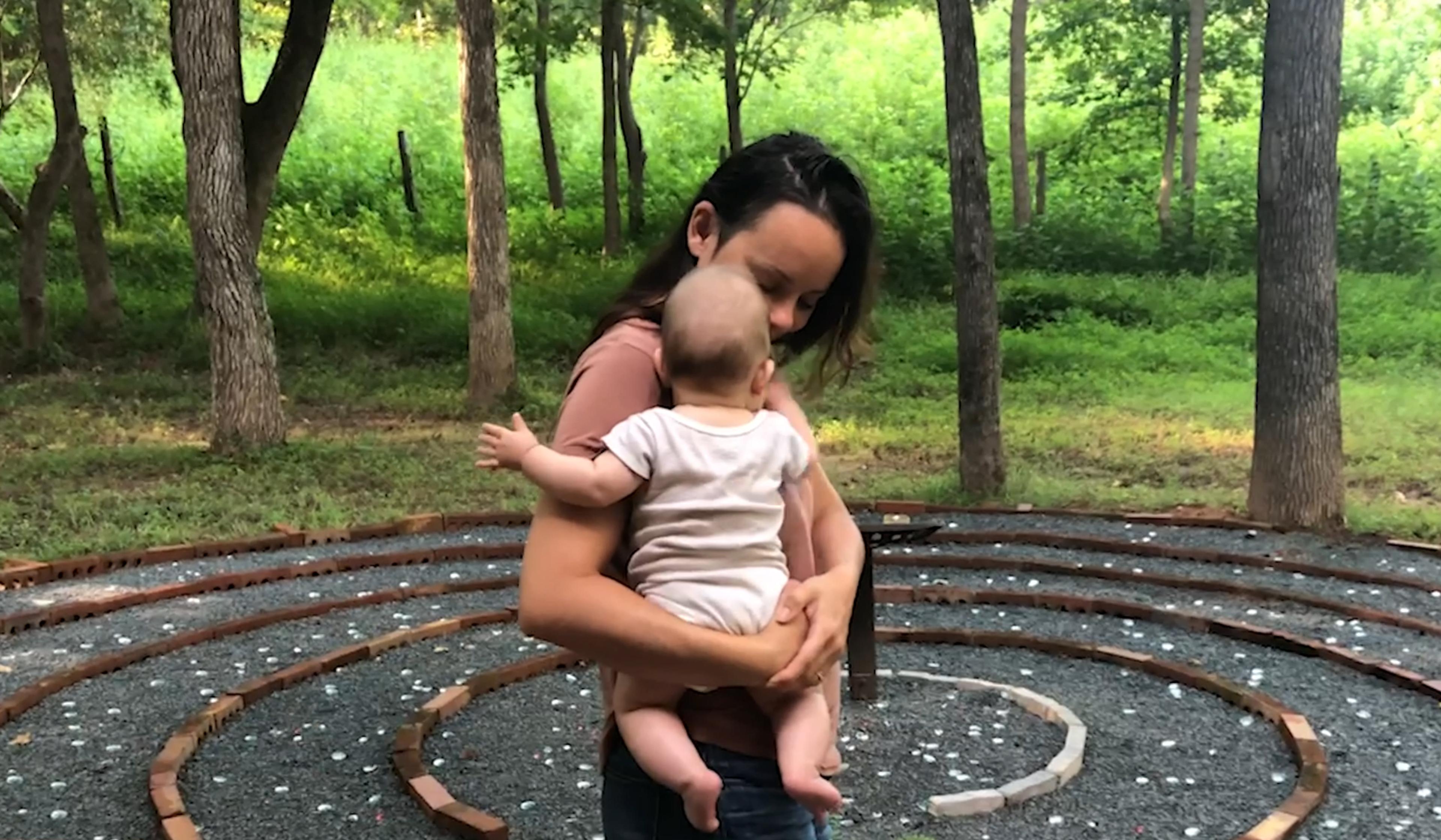
video
Biography and memoir
As her world unravels, Pilar wonders at the ‘sacred geometry’ that gives it structure
20 minutes
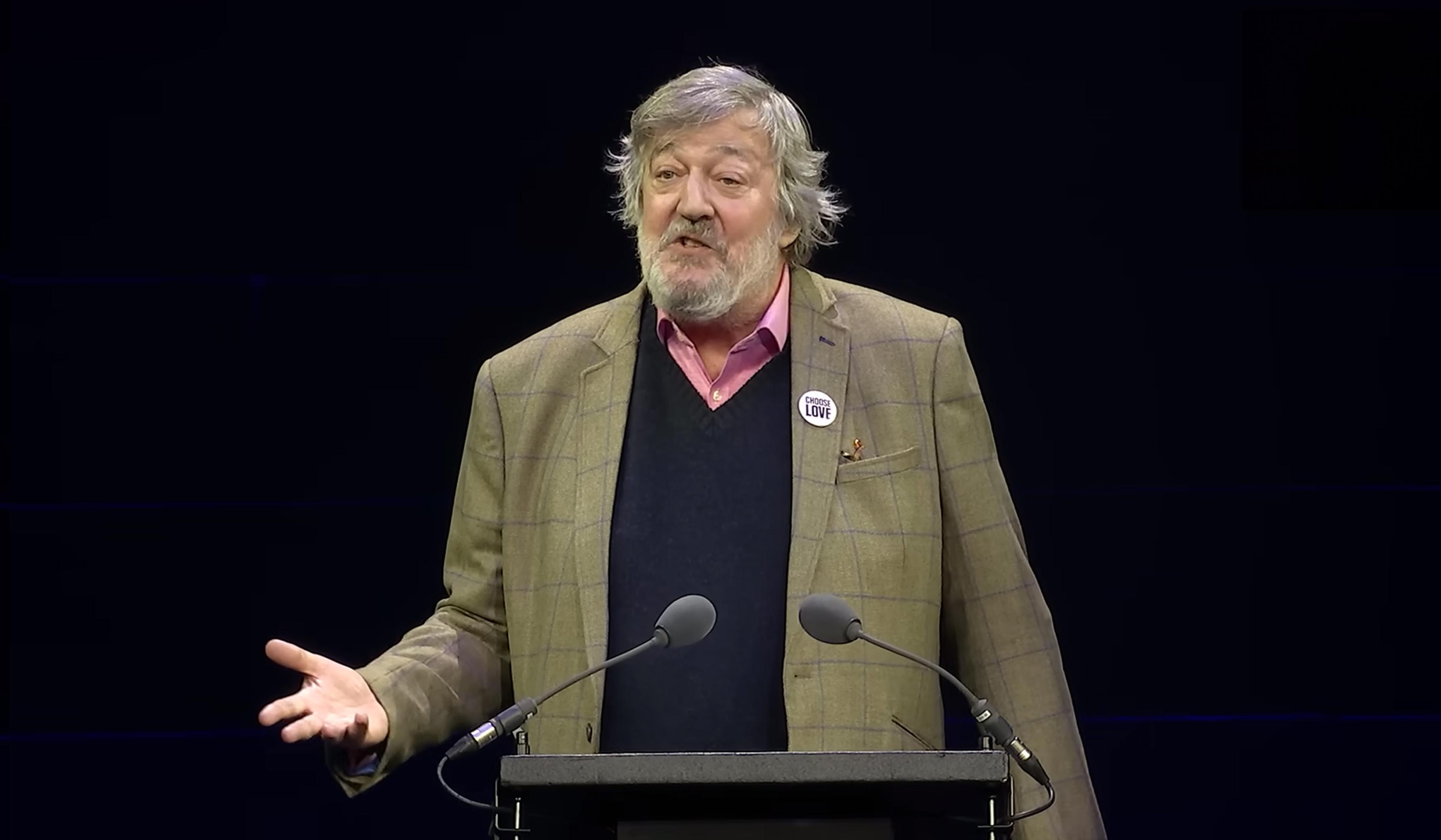
video
Meaning and the good life
Why strive? Stephen Fry reads Nick Cave’s letter on the threat of computed creativity
5 minutes
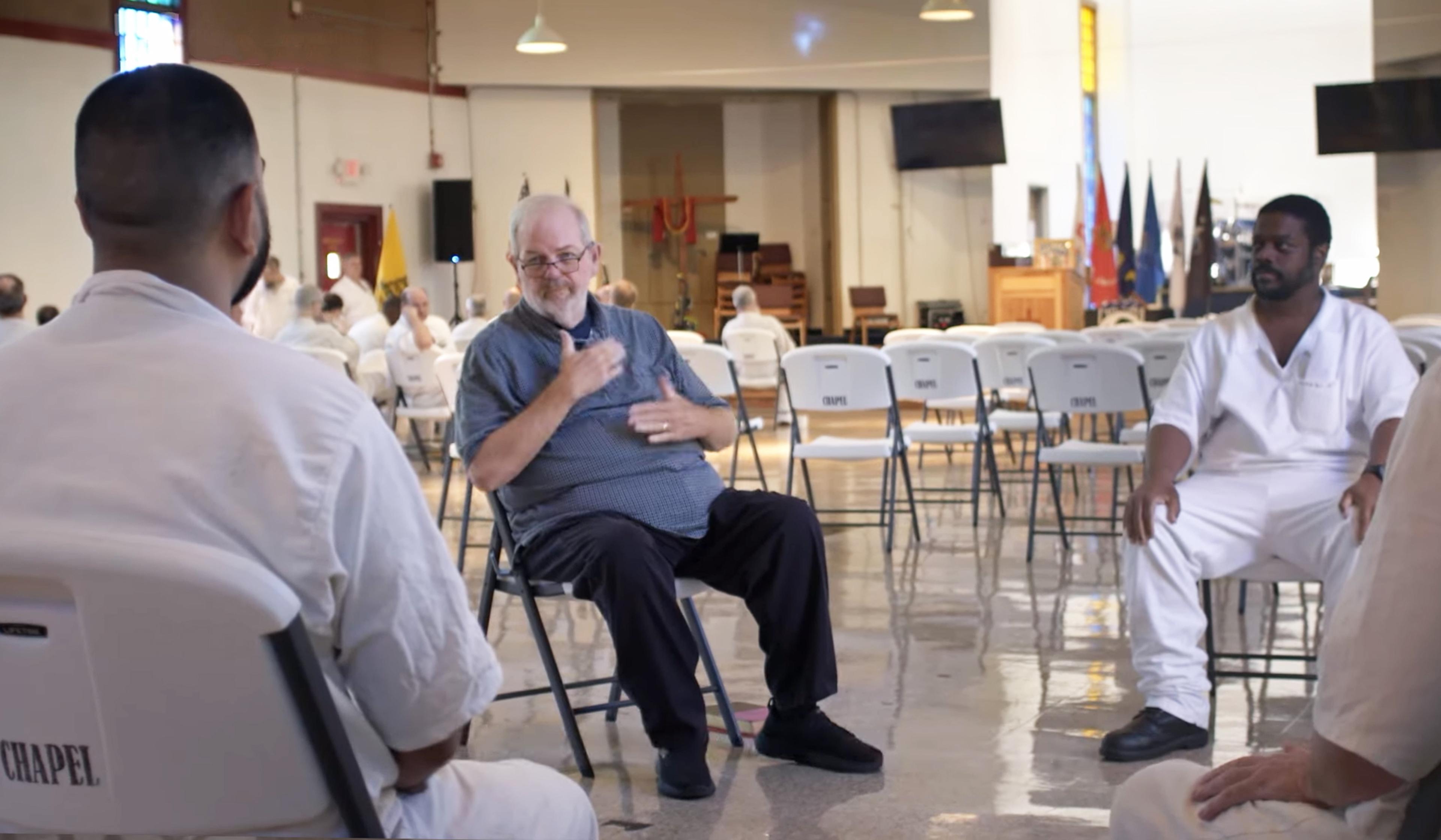
video
Human rights and justice
‘I know that change is possible’ – a Deaf prison chaplain’s gospel of hope
18 minutes

video
Physics
Find the building blocks of nature within a single, humble snowflake
4 minutes
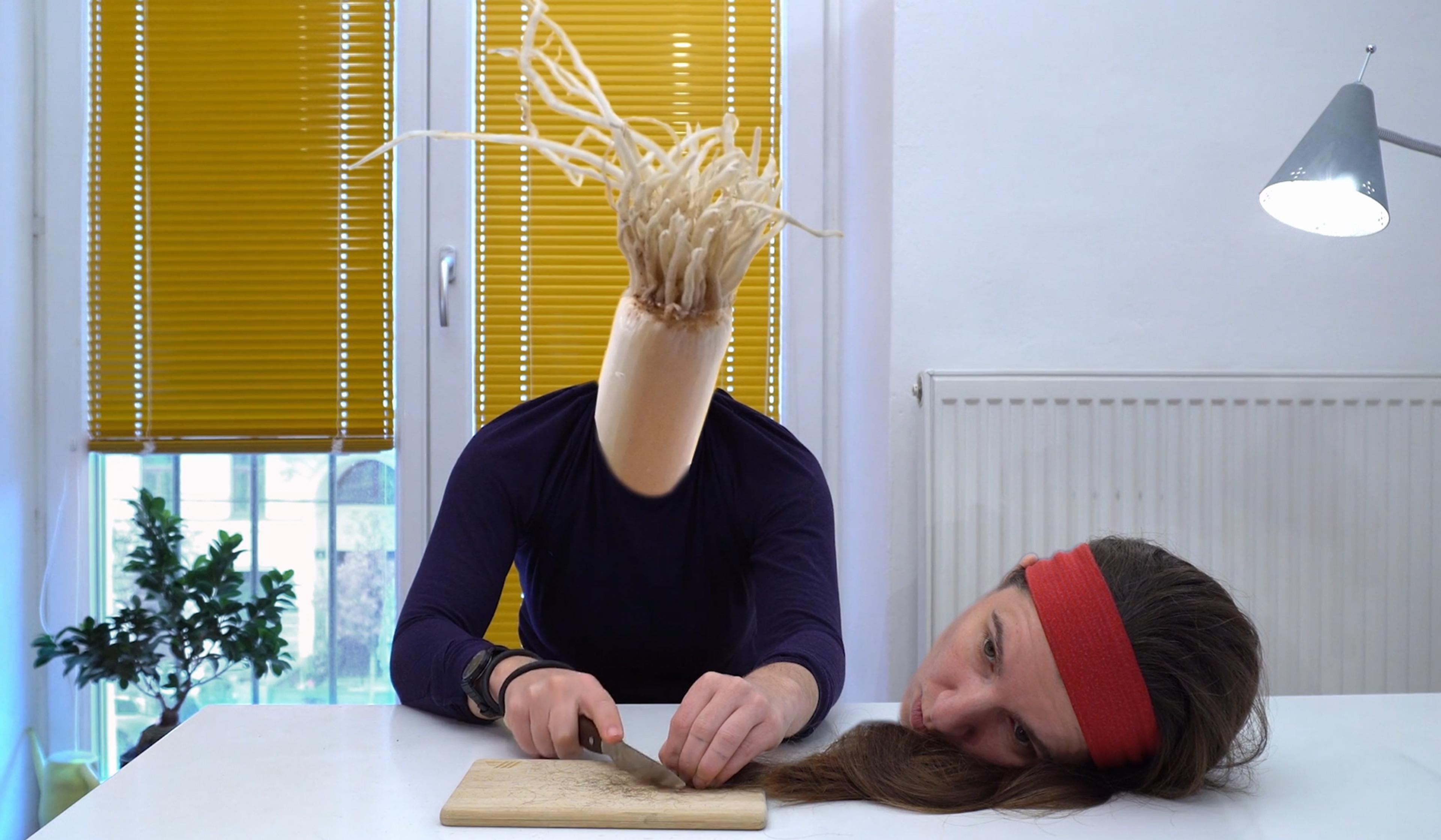
video
Technology and the self
An artist swaps her head with everyday objects in a musing on consumerism
4 minutes
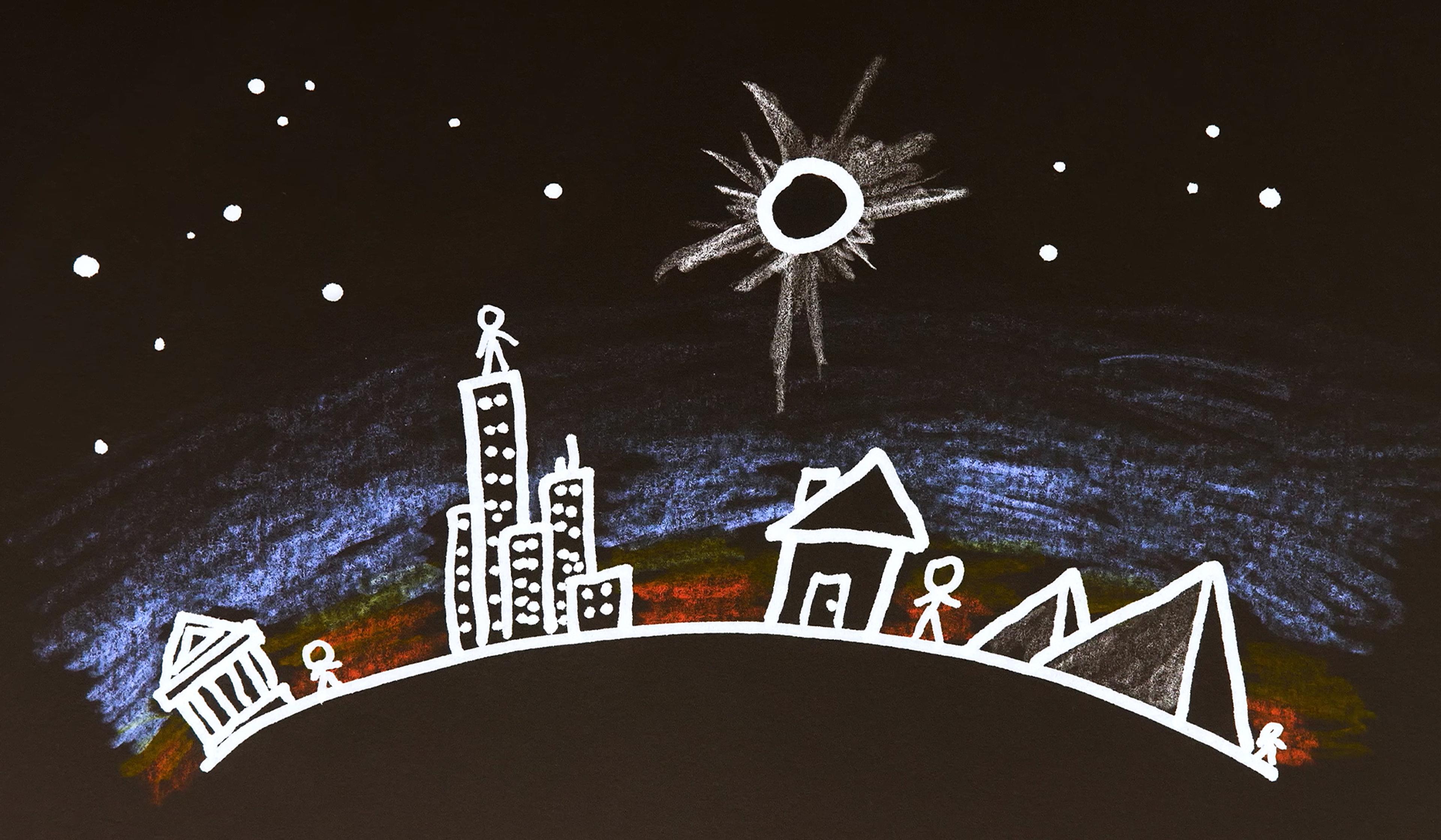
video
Physics
Why the golden age of total solar eclipses is already behind us
5 minutes

video
Film and visual culture
An augmented-reality filter reveals the hidden movements all around us
7 minutes
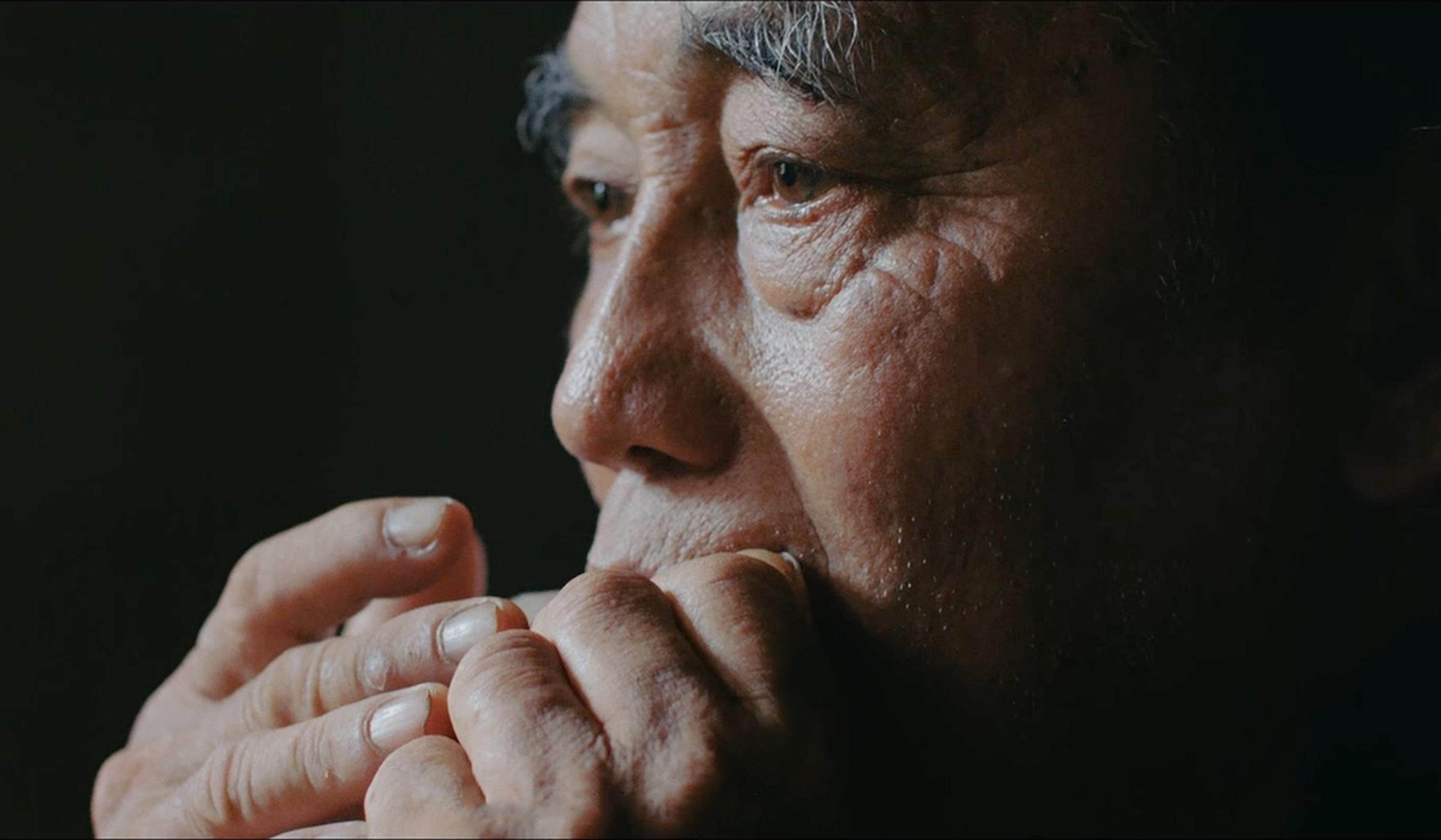
video
Language and linguistics
Messages born of melody – hear the whistled language of the Hmong people
18 minutes

video
Film and visual culture
Stop-motion origami unfurls in a playful exploration of how senses overlap
3 minutes